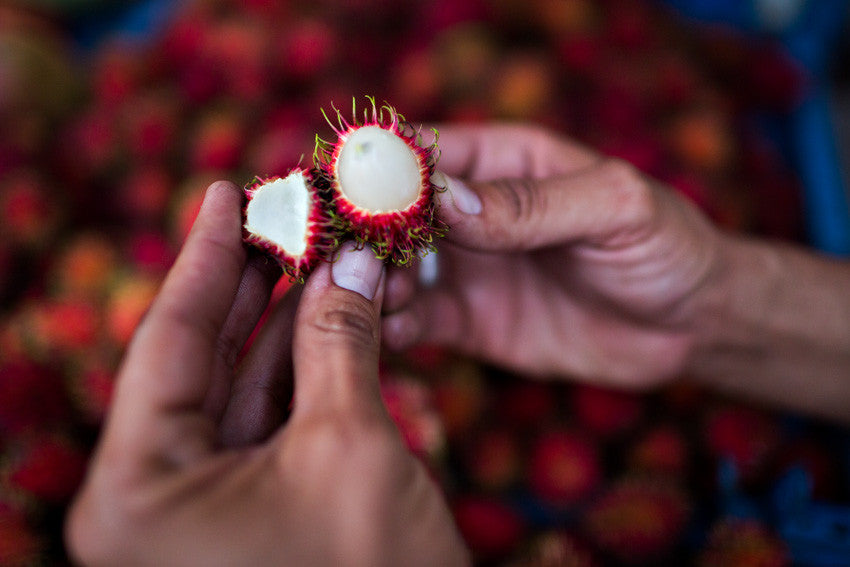
Over the past decade, organic foods have become very popular and with that rise in popularity, navigating the crazy maze of food labels, health benefits, and claims are often confusing. As more consumers are becoming consciously aware of where their food comes from as well as the health benefits of eating organic food, the confusion about what’s “real” organic food and what isn’t has also increased.
What is Organic Food?
It’s important to eat healthy, but eating healthier foods is more than just about getting more fruits, veggies, whole grains, nuts and seeds, and good fats into our diets, there are also questions about proper nutrition, safety, and sustainability. Meaning: How foods are raised or grown can have an impact on both your health and the environment.
So, what is the difference between organic foods and conventionally grown foods? In order for foods to be labelled as “organic”, the way they are grown and processed must meet specific requirements. For example, organic crops must be harvested and grown in safe soil, have no modifications, and cannot be mixed with conventionally-grown products.
Farmers are not permitted to use synthetic pesticides, bioengineered genes (GMOs), petroleum-based fertilizers, and sewage sludge-based fertilizers. Livestock labelled as organic must have access to the outdoors and given organic feed and cannot be given antibiotics, animal-by-products, or hormones.
What are the benefits of organic foods?
Organic food provides a variety of benefits. Studies have shown more beneficial nutrients, like antioxidants are often found in organic foods compared with their conventionally grown counterparts. Additionally, anyone suffering from food allergies, or allergic reactions to chemicals and preservatives often find their symptoms either lessen or go away.
Here is a list of additional benefits:
- Organic produce has fewer pesticides. Widely used in conventional agriculture, pesticides are chemicals such as fungicides, herbicides, and insecticides. The residues of pesticides remain on (and in) our food.
- Organic food is typically fresher. In general, organic produce and food is usually fresher because it doesn’t have preservatives in it to make it last longer. When it comes down to it, fresh food just tastes better, and it’s often produced on smaller farms close to where it is sold.
- Organic farming is better for our world. Farms that incorporate organic farming practices are actually helping to reduce all pollution and helps to conserve resources by increasing soil fertility. Therefore, organic farming uses less energy.
- Organically raised animals are not fed animal byproducts, or given antibiotics or growth hormones. Conventional meat production employs such methods and is helping create antibiotic-resistant strains of bacteria. Meaning, when someone gets sick, their body is more likely to resist antibiotics as treatment. Also, not feeding them animal byproducts also reduces the risk of mad cow disease.
- Organic milk and dairy products are richer in nutrients. European studies revealed that levels of certain nutrients, like omega-3 fatty acids were up to 50 percent higher in organic animal products compared with conventionally raised animals due to the fact that organically raised animals often graze on grass instead of grains.
- Organic food is free of GMOs. Genetically Modified Organisms or genetically engineered foods are plants and animals whose DNA has been altered in ways that cannot occur in nature. Organically raised animals or organically grown food is free of GMOs and animals will be fed GMO-free feed.
If you’ve looking for simple ways to start incorporating more organic foods into your diet, then check out our online store for organic food delivery options.
